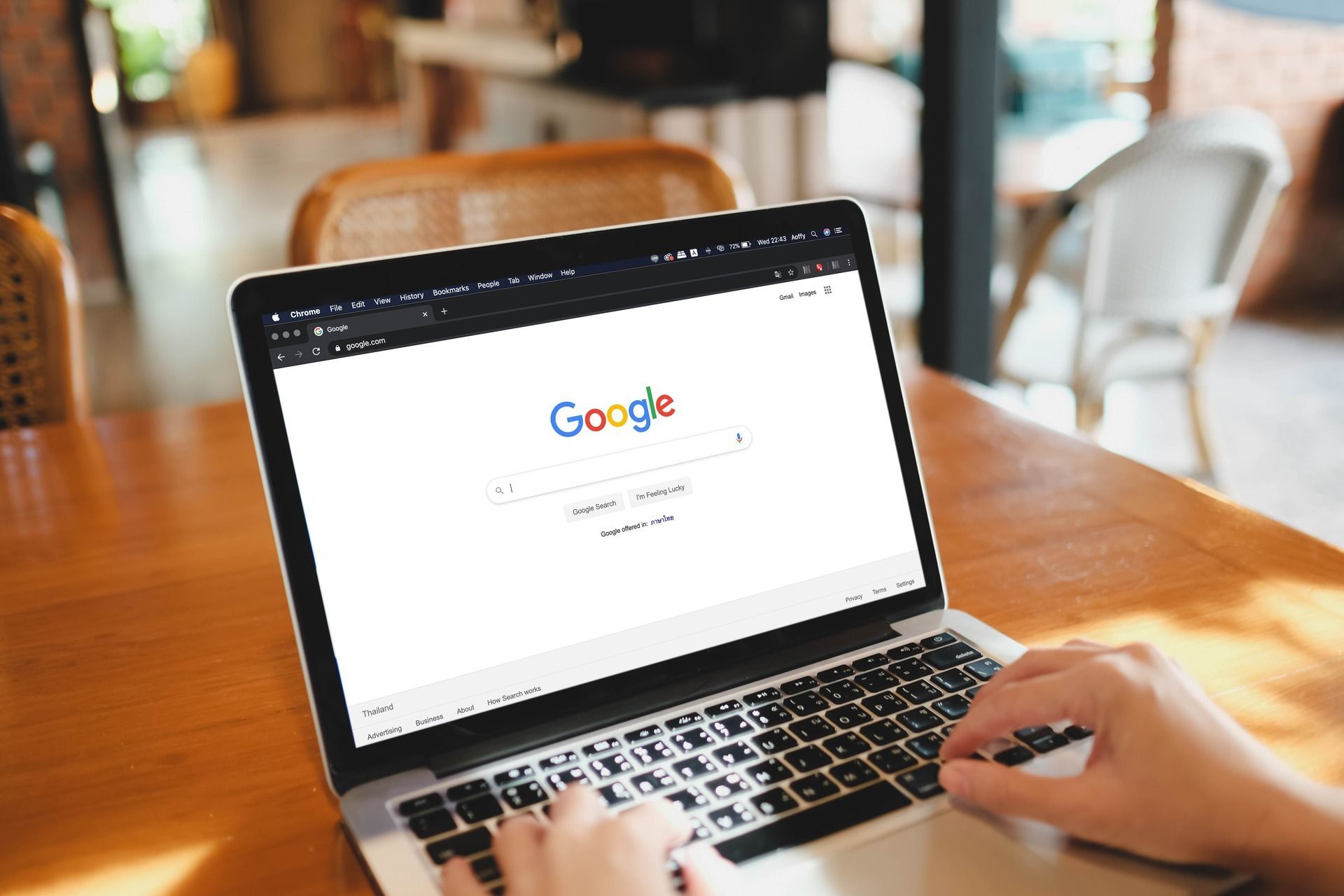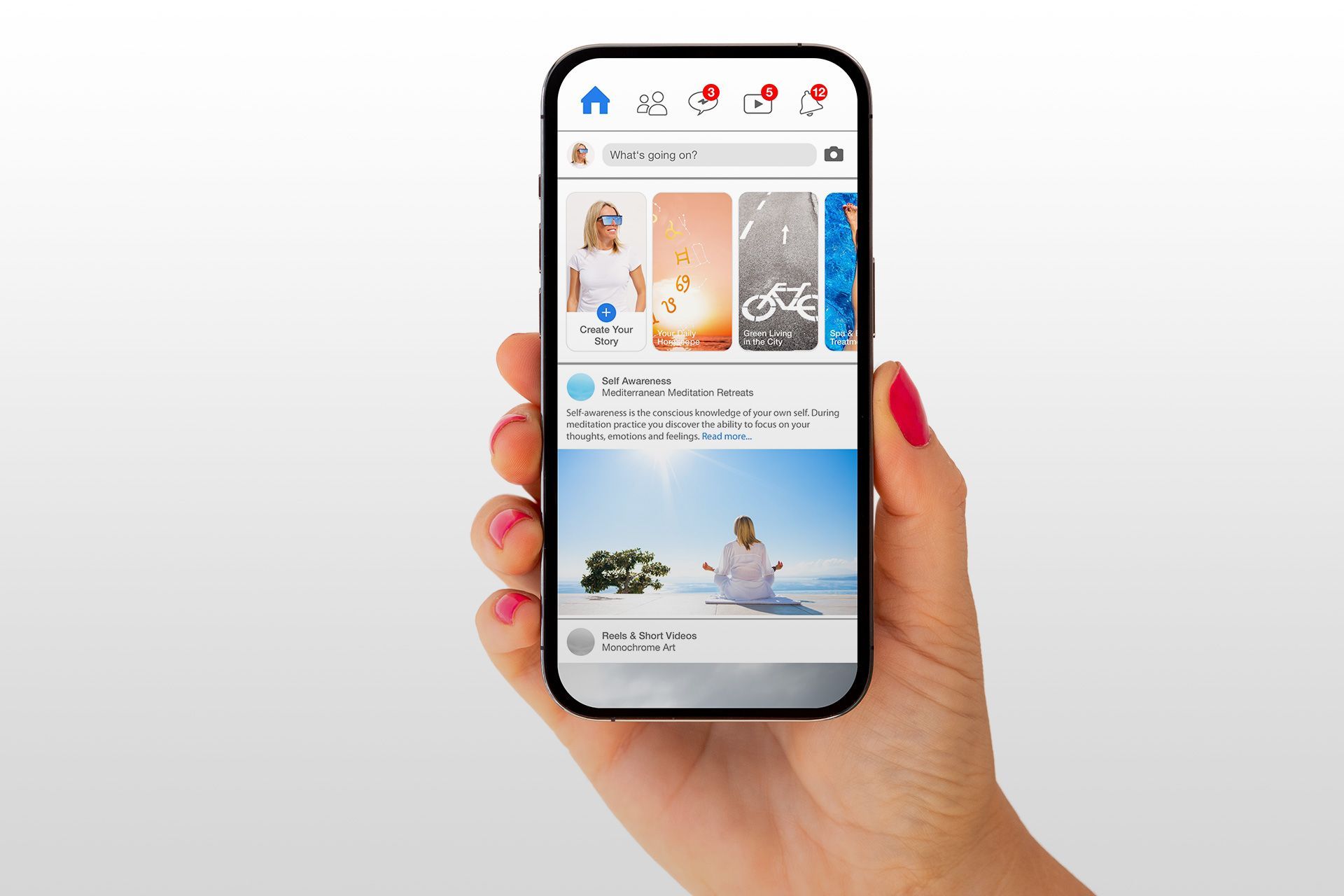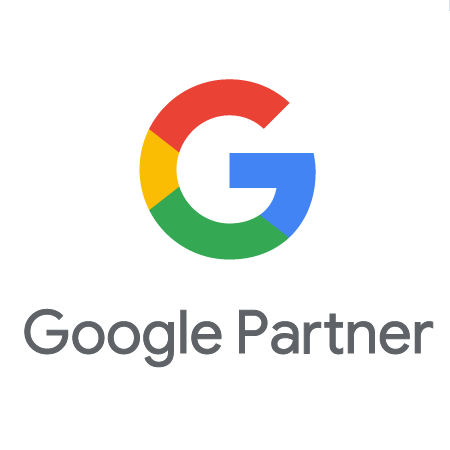Five Ways to Improve SEO for Your Website

Did you know that more than 93% of experiences online start with a search engine, and the top results on Google have a 33% chance of getting clicked? SEO is the best way to reach out to your target audience and receive more organic traffic/leads to your business. Below are the suggestions to improve your search engine optimization and watch your website get ahead of your competitors on search engine ranking pages.
1. Publish Relevant Content
Over the years, Google’s search algorithms have continued to evolve. If you pay close attention to these changes, you will understand how to be in the top spots on the SERPs by following some basic principles.
Ensure that all the web and blog content is high quality and adds value to visitors. User experience is a crucial factor in how Google decides which content should rank in the search engines for top positions. Unfortunately, there’s a lot of low-quality content on the internet.
1. Length – The probability of ranking higher on search engines increases if the content length is longer. The ideal length for a blog post should be 1000-2500 words. Ensure to keep the paragraphs short as they’re visual markers to keep your readers from losing their place in the text.
2. Readability – Google prefers content with a specific reading level to have an easier time understanding it. Ensure to use words and phrases that a wider audience can quickly grasp. Keeping a consistent tone throughout the blog post enables the reader to understand the perspective you’re writing from.
3. Formatting- The way you format your writing plays a vital role in SEO. Using relevant headlines throughout the blog post or a web page helps the user navigate the content better. Ensure to use bullet points for a more detailed listing of items the visitor should pay attention to. Add visuals to your web pages to break up the content even further.
4. Keywords - We rely on keyword research to discover what words users are searching for the most. Keywords help search engines understand the content and category of your website. As a marketer and a content writer, keyword research is a primary activity before planning any SEO strategy.
5. Linking- Google has mentioned that internal linking to other relevant pages on your website will improve the user experience. Acquiring backlinks from other high authority websites can also improve SEO results drastically. It provides credibility to your content since you’re providing more resources.
6. Alt text – Text that describes an image for accessibility purposes.
2. Update Your Content Regularly
Regularly updated content is considered one of the best indicators of a site’s relevancy, so ensure to keep it fresh and up to date. Audit your content on a monthly or quarterly basis and update it if required.
Regularly updating content on your website gives visitors more to see. Having the latest and up-to-date content can help you build a returning audience, driving more regular traffic to your site. It will also help users get what they are looking for in the first place. Therefore, it will improve SEO and help your page rank higher on search engines.
Blogging is one of the best ways to update content regularly. Writing additional content-rich with keyword phrases that add value to your target audience can boost your search engine rankings. Ensure to interlink your related webpages and blog posts when it helps give the reader a better picture or additional information about a specific topic.
3. Improve your page loading speed
Your page loading time is crucial for many reasons. First of all, if your page load speed is very slow, Google will identify this, and it will hurt your ranking.
A slow website will also affect your website visitors’ (prospects) engagement with your pages. As a result, those negative interactions will harm your organic ranking and revenue. Page abandonment rates will increase for websites with long loading times. Research shows more than 40% of visitors will abandon websites if the page takes longer than 3 seconds to load. Even more shocking is that around 80% of those visitors won’t return to that website.
It is awful for your SEO ranking and business because it eventually kills traffic to your site. But on the flip side, if your web pages load fast, people will keep coming back.
Google’s algorithm will identify your website’s popularity and adjust your search ranking accordingly. Therefore, optimizing your page speed and server response time is extremely important. If you want to test the loading speed of your website, there are many free online tools and services such as Pingdom.
It will allow you to test your website from different locations worldwide. If you identify that your website is running slow, you may check your website theme and plugins. If your slow server is the culprit, check out my list of the best web hosting providers and transfer to a new host!
4. Have a link-worthy site
A content-rich web page, authoritative, unbiased, and helps visitors learn more about what they are interested in, will most likely attract links from other websites, improving your search engine optimization efforts.
Improve your website authority and credibility by adding relevant links within the text. Try to use anchor texts instead of having “click here” links. It not only improves SEO but also adds value to your visitors, including those with disabilities or who are using screen readers.
5. Optimize your images
Pictures and other images are a part of your website content. They also play a crucial role in improving your SEO ranking. Ensure that all of the images are correctly optimized.
Factors such as the image file format and size must be optimized. Large images can slow your page loading time and hurt your SERP ranking. Resize or compress your images to reduce the page loading time.
Let’s say you have a website that sells Apple products. Instead of naming an image something like “phone,” you could name it “iPhone 13 Pro Max.” You can also use keywords strategically in the title of your image as well as the alt text.
Disclaimer: The information on this website and blog is for general informational purposes only and is not professional advice. We make no guarantees of accuracy or completeness. We disclaim all liability for errors, omissions, or reliance on this content. Always consult a qualified professional for specific guidance.








